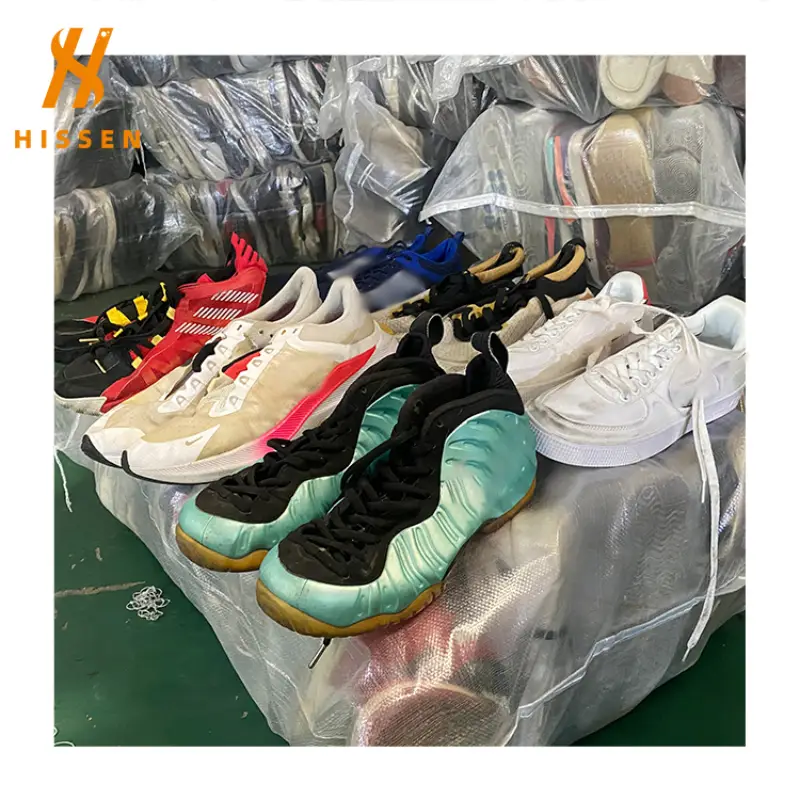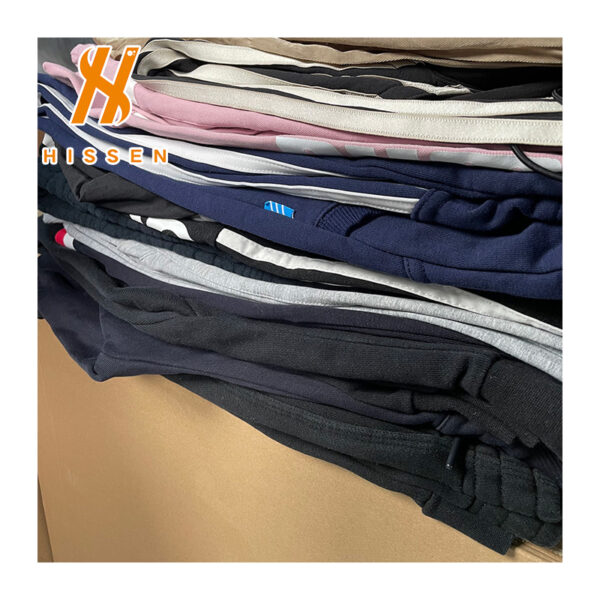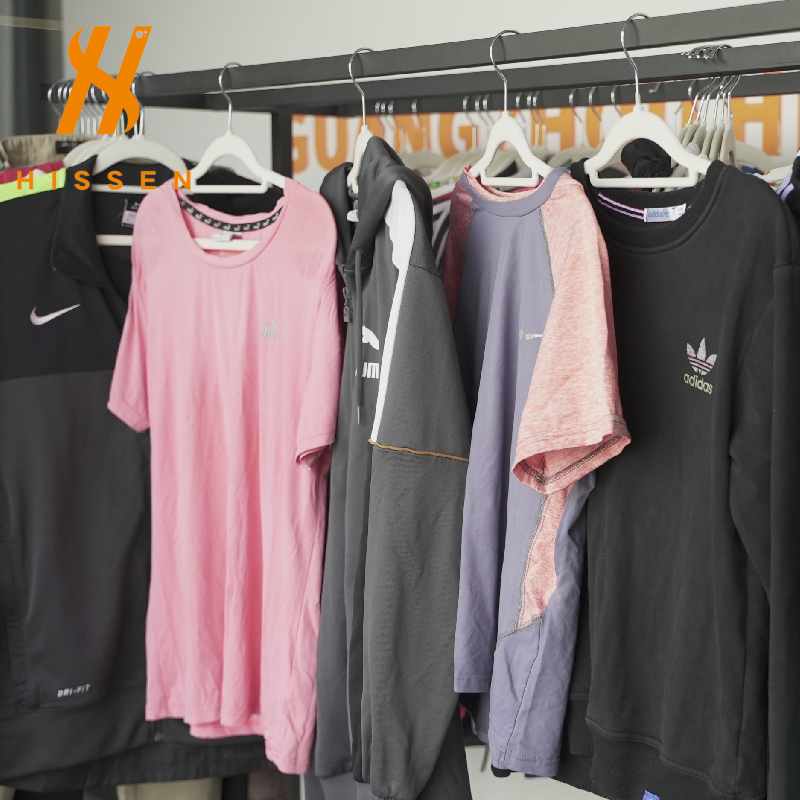I. Introduction: Why Choosing the Right Supplier Defines Success in Wholesale Business
In the competitive world of wholesale distribution, one strategic decision can determine the long-term success or failure of a business: the choice of supplier. For companies dealing in second hand branded shoes, finding a dependable partner is not just about sourcing inventory — it is about securing consistent quality, maintaining customer trust, and ensuring a stable supply chain. A reliable Second Hand Branded Shoes Wholesale Supplier is the foundation that enables B2B buyers to serve their downstream clients effectively, from resellers and online platforms to physical retail stores.
Unlike standard wholesale models where products are mass-produced and predictable, the second hand branded shoes market brings unique challenges. Variations in product grade, condition, and origin require business buyers to adopt a more careful approach when selecting partners. The wrong choice could result in inconsistent product quality, disputes over legitimacy, or even regulatory problems. On the other hand, a trustworthy supplier becomes a long-term asset — offering stability, building business credibility, and helping wholesale buyers maintain their competitive edge.
This guide will walk you through the essentials of selecting a reliable supplier in the second hand branded shoes wholesale market. From understanding the nature of the industry to evaluating supplier credentials and inspecting product quality controls, the following chapters provide a structured roadmap for B2B decision-makers. Partnering with a trustworthy Second Hand Branded Shoes Wholesale Supplier ensures that your wholesale business is built on a solid and sustainable foundation.
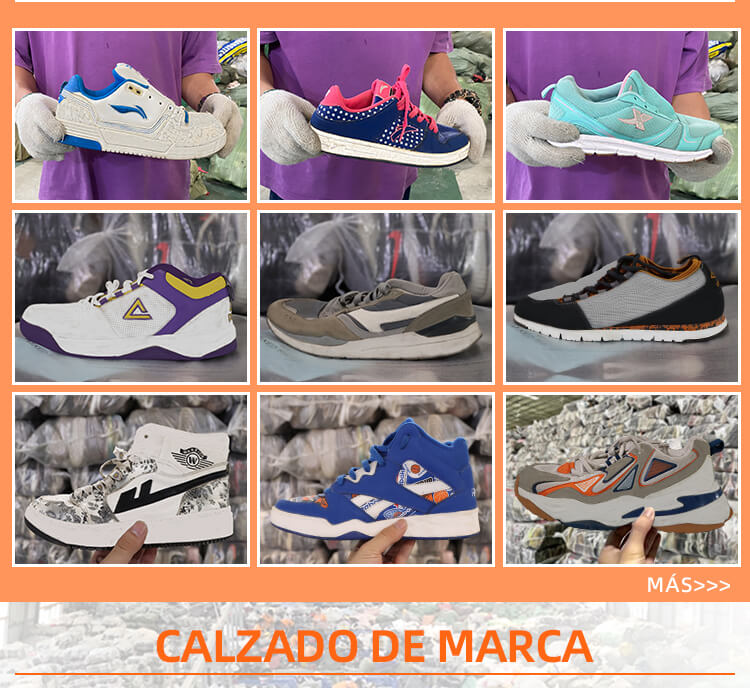
II. What Is the Second Hand Branded Shoes Wholesale Market?
The second hand branded shoes wholesale market is a specialized segment within the larger footwear and apparel supply chain. Unlike traditional wholesale operations that handle brand-new merchandise, this sector deals exclusively with pre-owned shoes that have been inspected, sorted, and prepared for resale. For B2B buyers, it represents both opportunity and complexity.
At its core, the market operates by connecting suppliers with resellers, retailers, and distributors who require bulk shipments of branded shoes at competitive prices. The appeal is clear: branded shoes carry strong resale value, and consumer demand for affordable yet recognizable products continues to grow worldwide. Buyers in this space can serve diverse end customers, from discount retail shops to online resale platforms.
Characteristics of the Market
Diversity of Product Sources: Shoes may originate from returns, overstock, closeouts, or consumer donations. This diversity makes the market dynamic but also less standardized.
Variability in Product Grades: Since these are second hand items, quality categories can vary widely. Buyers must understand grading systems, even if they differ from supplier to supplier, to ensure stock matches customer expectations.
Sustainability Angle: Beyond profitability, the market also intersects with the growing emphasis on sustainability. Many B2B buyers recognize that working with a trusted Second Hand Branded Shoes Wholesale Supplier aligns with global trends of reducing waste and extending product lifecycles.
Global and Local Dimensions: While some suppliers focus on regional markets, others distribute internationally. B2B buyers must be prepared to evaluate suppliers not just on inventory, but also on logistical capabilities. For international B2B buyers, working with an experienced Second Hand Branded Shoes Wholesale Supplier helps navigate cross-border logistics and compliance requirements.
For wholesale buyers, entering this market is not a matter of simply finding “any supplier.” Instead, success depends on identifying a partner who can balance quality, consistency, and business ethics. This brings us to the crucial step of supplier evaluation. For many B2B buyers, sourcing from Mixed Shoes Wholesale Second Hand Brand Shoes markets provides flexibility in catering to different customer segments with varied budgets.
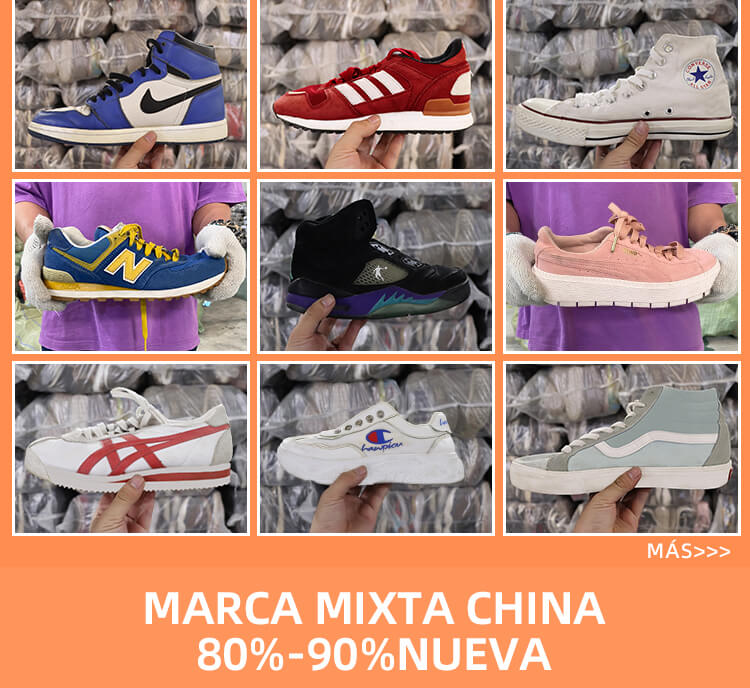
III. Checklist for Reviewing Supplier Credentials and Legitimacy
When sourcing from a Second Hand Branded Shoes Wholesale Supplier, due diligence is non-negotiable. Unlike standardized product markets, second hand branded shoes require buyers to carefully examine the legitimacy and professionalism of suppliers. Below is a practical checklist that B2B buyers can use when reviewing supplier credentials:
Business Registration and Legal Standing
- Verify official documentation. Confirm that the supplier is a legally registered business within their operating region. This includes business licenses, incorporation certificates, and any relevant trade permits.
- Check compliance with international trade standards. If you plan to import second hand shoes across borders, ensure your supplier complies with export regulations and customs documentation.
Industry Experience and Track Record
- Evaluate years of operation. While newer suppliers may offer competitive prices, long-standing suppliers usually have refined processes for sourcing, sorting, and distributing second hand branded shoes.
- Seek references. A professional supplier should be able to provide contacts or testimonials from existing B2B clients.
Reputation in the Market
- Search for third-party reviews. Look beyond the supplier’s website. Industry forums, business directories, and trade associations may provide insight into the supplier’s reliability.
- Watch for red flags. A supplier unwilling to share references or transparent business information may not be trustworthy. A professional second hand brand shoes supplier should be transparent about their sourcing channels and provide verifiable references from existing B2B clients.
Ethical and Legal Compliance
- Ask about sourcing practices. Ensure that the supplier acquires their stock legally, whether through authorized returns, donations, or liquidation.
- Confirm anti-counterfeit measures. Second hand branded shoes must still meet legal requirements regarding authenticity. A reliable supplier should have procedures for identifying counterfeit products.
Trade Documentation and Transparency
- Review sample invoices and packing lists. Transparency in documentation signals professionalism.
- Check for international shipping experience. If your business requires overseas shipments, confirm that the supplier can provide proper customs documentation and shipping support.
B2B buyers should treat this review process as an essential step, not an optional formality. The wholesale footwear market has attracted both professional players and opportunistic sellers. Your company’s reputation depends heavily on ensuring that the supplier you choose can stand up to scrutiny.
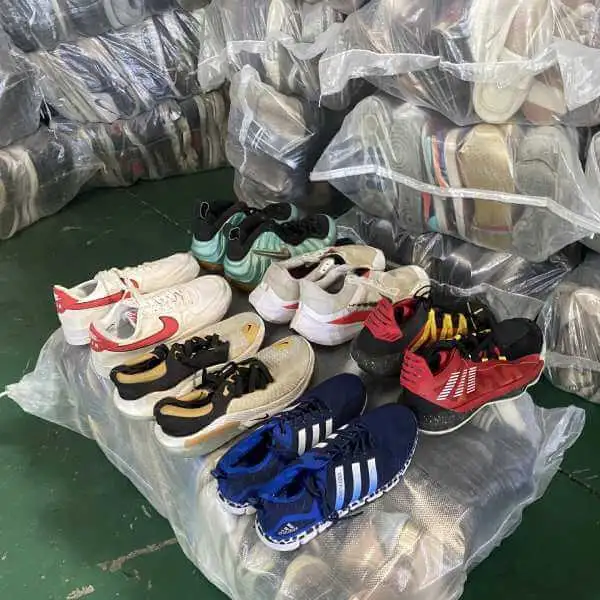
IV. Checklist for Evaluating Product Grading and Quality Control
Once you are confident in a supplier’s legitimacy, the next critical step is evaluating their approach to product grading and quality control. Unlike new shoes, second hand branded shoes are inherently variable in condition. As a result, the supplier’s grading system and inspection process become the backbone of your resale strategy. Long-term buyers often emphasize that only a reliable Second Hand Branded Shoes Wholesale Supplier can maintain consistency across multiple shipments.
Understanding Product Grading Systems
Suppliers may classify second hand branded shoes into categories such as “premium,” “grade A,” or “grade B.” While terminology varies, the goal is the same: to communicate the overall condition and resale potential of each shoe. For wholesale buyers, understanding how these categories are defined is crucial. Since grading can vary across suppliers, categories often include Used Brand Shoes and Mixed Shoes, giving wholesale buyers different options for resale strategies.
- Request detailed explanations. A serious Second Hand Branded Shoes Wholesale Supplier should provide written guidelines for their grading system.
- Cross-check samples. Always compare the supplier’s written description with actual samples to verify accuracy.
Inspection and Sorting Process
- Ask about inspection stages. Reliable suppliers typically implement multiple layers of inspection, checking shoes for wear, structural integrity, and cleanliness.
- Observe sorting procedures if possible. If you are able to visit a warehouse or facility, pay attention to how staff categorize, clean, and package shoes.
Quality-Controlled Consistent Shipments
- Inquire about defect management. Even in second hand markets, defective products should be minimized. Ask how the supplier handles shoes that fail inspection.
- Review cleaning and sanitization standards. Professional suppliers often ensure that products meet hygiene expectations before shipment.
- Check for reliability across batches. A supplier may provide excellent samples but inconsistent bulk shipments. Request references from buyers who have placed multiple orders.
- Ask about return or replacement policies. While B2B transactions are usually stricter than retail, credible suppliers may offer solutions for defective or misgraded products.
Transparency in Product Information
- Request photos and condition reports. In the absence of physical inspections, suppliers should provide visual documentation of stock.
- Expect honest communication. If a supplier oversells product quality, it can damage your reputation with clients downstream.
By applying this checklist, wholesale buyers can reduce risk and strengthen trust with their suppliers. A strong partnership with a Second Hand Branded Shoes Wholesale Supplier is built not only on legal legitimacy but also on the ability to deliver consistent quality. For B2B buyers, this is what translates into satisfied clients, fewer disputes, and sustainable business growth.
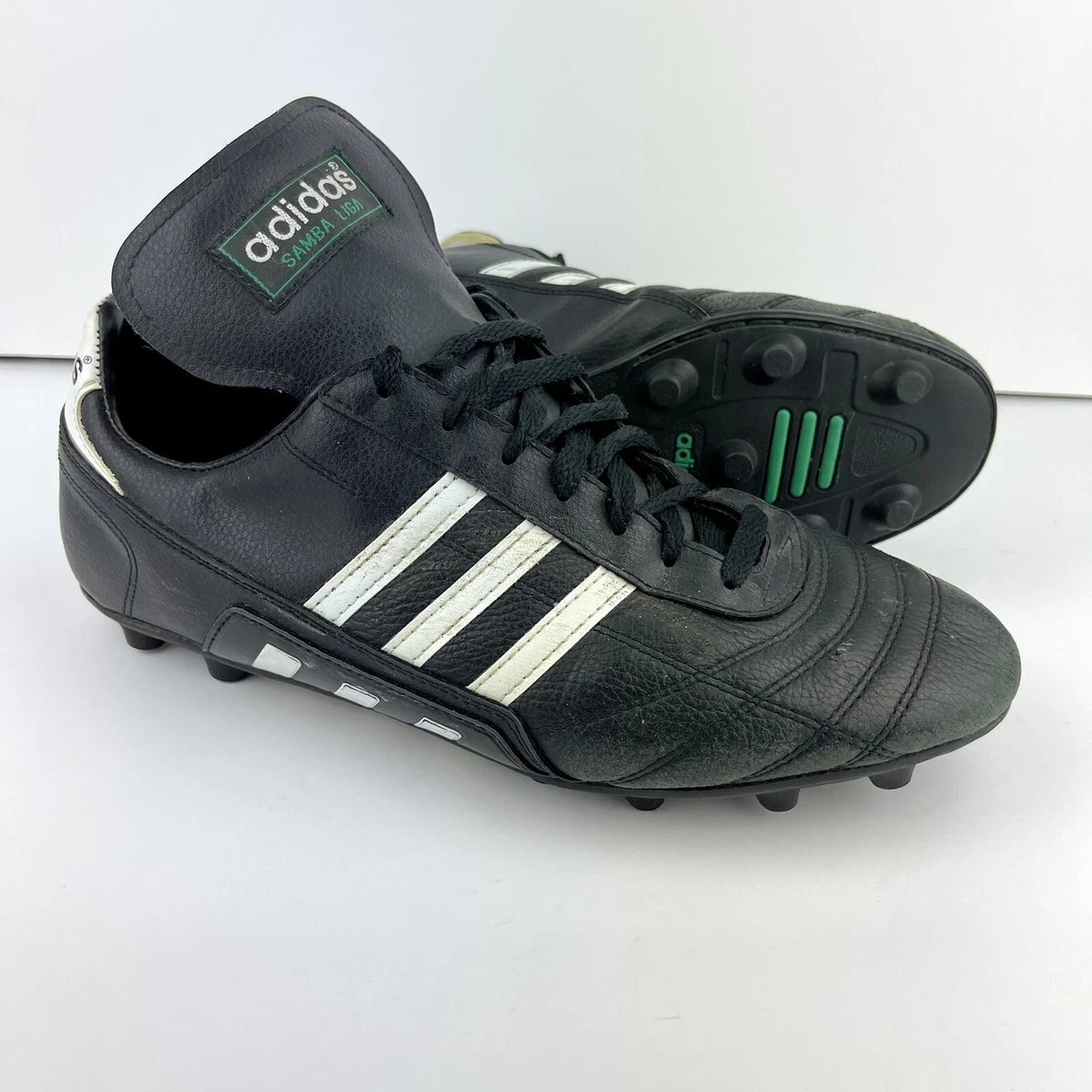
V. Key Steps for Building Long-Term Business Relationships
Selecting the right Second Hand Branded Shoes Wholesale Supplier is only the beginning of the journey. In wholesale trade, sustainability does not come from one-off deals; it comes from cultivating partnerships that are stable, trustworthy, and mutually beneficial. For B2B buyers, developing long-term supplier relationships reduces operational risks, improves negotiation leverage, and builds predictable supply lines. Below are critical steps to ensure enduring cooperation:
Establish Clear Communication Channels & Negotiate Win-Win Agreements
- Define preferred communication modes. Whether email, phone, or business messaging platforms, clarity ensures smoother collaboration.
- Maintain transparency. B2B buyers should share demand forecasts, seasonal purchasing needs, and logistical timelines. Suppliers who receive clear information can better manage stock and delivery.
- Fair pricing strategy. While competitive pricing is essential, negotiations should avoid pushing suppliers to unsustainable terms. A balanced deal helps ensure consistent product quality and availability.
- Contractual clarity. Formal agreements outlining product grades, packaging standards, shipping timelines, and dispute resolution mechanisms prevent misunderstandings.
Consistency in Ordering Patterns
- Regular purchasing builds trust. Suppliers are more likely to allocate higher-quality stock to buyers with consistent orders rather than occasional one-time deals.
- Forecast sharing. By informing suppliers of upcoming demand, buyers allow them to prepare inventory accordingly.
Cultural Etiquette & Feedback-Driven Performance
- Adapt to regional practices. Many suppliers in the second hand branded shoes industry operate internationally. Understanding cultural norms can strengthen rapport and reduce communication friction.
- Respect time zones and business hours. Demonstrating professionalism helps buyers earn respect as a serious partner.
- Regular supplier evaluations. Create periodic reviews of product quality, order accuracy, and delivery timelines.
- Constructive feedback loop. Positive recognition and actionable suggestions foster loyalty and continuous improvement.
Long-term partnerships do not develop overnight. They are nurtured through steady collaboration, transparent dealings, and mutual respect. A serious B2B buyer must view the supplier not as a temporary vendor but as a strategic ally in business growth. Consistent evaluation and constructive dialogue with your Second Hand Branded Shoes Wholesale Supplier can transform routine transactions into a resilient partnership.
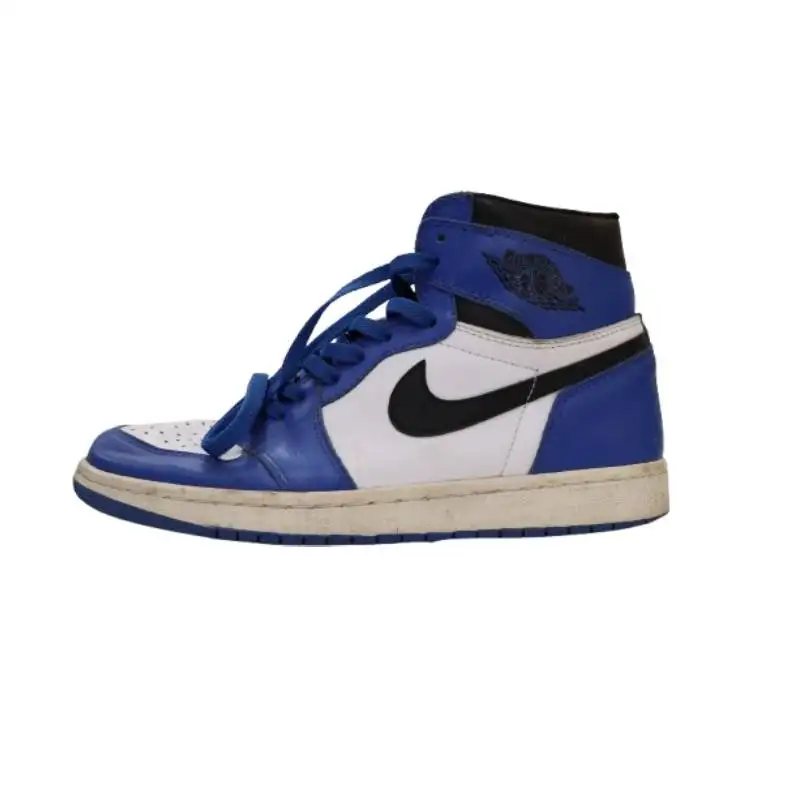
VI. Warning Signs and Potential Risks to Watch for When Selecting Suppliers
In any wholesale industry, not all suppliers operate with professionalism and integrity. The second hand branded shoes market, due to its fragmented nature, attracts both genuine players and opportunistic middlemen. Identifying potential risks early is crucial for protecting your business from financial loss, damaged reputation, or regulatory challenges. Below are key warning signs B2B buyers should monitor:
Opaque Credentials and Overpromised Quality / Stock
- Incomplete documentation. A supplier reluctant to provide licenses, registration papers, or proof of operation is a red flag.
- Unclear company background. If the supplier cannot explain their sourcing channels or business structure, proceed with caution.
- Unrealistic claims. Phrases like “perfect condition” or “100% premium quality” for second hand branded shoes are often misleading.
- Inconsistent grading systems. If product categories seem vague or constantly shifting, the supplier may lack structured quality control.
Communication Gaps & Reputation Damage
- Slow replies to inquiries. Professional B2B suppliers understand the urgency of wholesale trade. Repeated delays in communication indicate disorganization or lack of commitment.
- Avoidance of specific questions. A reliable Second Hand Branded Shoes Wholesale Supplier should answer queries about grading, logistics, and inspection with confidence and detail.
- Industry complaints. Feedback from other buyers can reveal patterns of late deliveries, inconsistent shipments, or disputes.
- Overly polished testimonials. Authentic supplier reviews are rarely perfect; overly generic or scripted feedback may signal inauthenticity.
Financial, Logistics & Sourcing Integrity Issues
- Unusual payment demands. Requests for personal transfers, untraceable payment methods, or deposits far beyond industry norms may suggest fraud.
- Lack of invoicing professionalism. Genuine suppliers issue structured invoices with clear company details.
- Unclear shipping procedures. Inconsistent answers about packaging, labeling, or international customs documentation show inexperience.
- Repeated delivery delays. While occasional issues happen, a pattern of missed deadlines undermines reliability.
- Suspiciously low prices. Extremely cheap offers may indicate counterfeit products, unverified sourcing, or legal risks.
- No clarity on anti-counterfeit checks. Ethical suppliers proactively prevent counterfeit infiltration, while questionable ones avoid the subject.
Some suppliers specialize in categories like Used Brand Washed Shoes, which have undergone cleaning processes, but buyers must still confirm the authenticity and condition. Wholesale buyers cannot afford to ignore these signals. Entering into agreements with the wrong supplier could jeopardize entire distribution channels. By identifying risks in advance, B2B businesses protect themselves and maintain credibility with their own customers. Inconsistent or vague communication is a warning sign that the company may not be a dependable Second Hand Branded Shoes Wholesale Supplier for serious B2B operations.
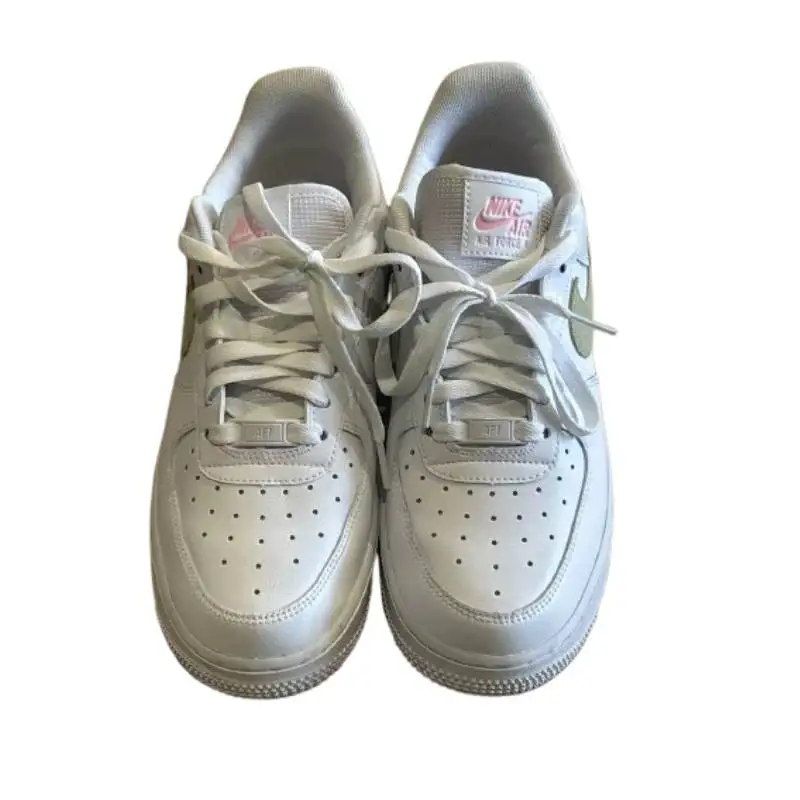
VII. Conclusion: Building Sustainable Success with the Right Supplier
The wholesale trade of second hand branded shoes is a promising yet complex industry. For B2B buyers, the ability to consistently supply quality products at scale depends heavily on one strategic factor: the reliability of the Second Hand Branded Shoes Wholesale Supplier.
From the initial stages of supplier vetting to building long-term relationships, every decision shapes the sustainability of your business. The first step is understanding the market — appreciating both its potential and its variability. The second is conducting rigorous due diligence on supplier credentials and ensuring that legality and transparency are non-negotiable. The third is evaluating grading systems and quality control to safeguard customer trust.
Beyond these basics, long-term growth lies in cultivating strong supplier partnerships. Open communication, fair agreements, and consistent collaboration help transform suppliers from vendors into business allies. At the same time, buyers must remain vigilant, watching for red flags that signal potential risks.
The second hand branded shoes market is not a commodity trade where products are identical and predictable. It is a space where professionalism, ethics, and quality assurance separate reliable suppliers from opportunistic traders. Businesses that take the time to align with a reputable partner not only secure stable inventory but also build a foundation for trust and competitive advantage.
In conclusion, choosing the right supplier is not just a procurement decision; it is a strategic investment in the future of your wholesale business. By applying the principles and checklists discussed in this guide, B2B buyers can navigate the market with confidence, avoid costly mistakes, and unlock the full potential of second hand branded shoes as a profitable, sustainable product line.

